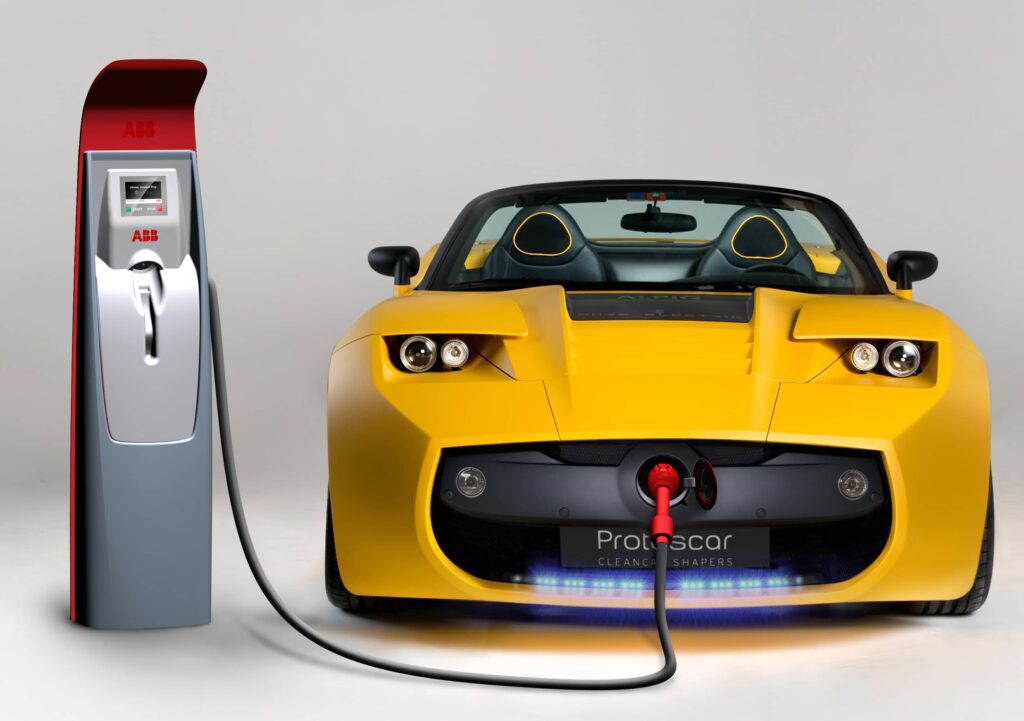China’s partnership with the Taliban in Afghanistan is driven by its need for lithium resources to maintain its dominance in the electric vehicle market.
China is the global leader in electric vehicle sales, benefiting the most from the 55% increase in sales last year, with a market share of 53.6%, and in order to maintain this position, China requires the barren, rocky mountains and passes of Afghanistan for EV technology.
Australia is the largest exporter of lithium, followed by a South American country, and China, but with only 14% of the world’s vehicles being EVs, the demand for lithium will increase significantly as more vehicles become electric.
Chinese brands like BYD, LI AUTO, XPENG, and ZEEKR are producing high-tech and affordable electric vehicles that have significantly improved over the past decade.
Chinese electric vehicles have significantly improved in quality and are now competitive with American and European automakers, with foreign automakers, including American brands, paying attention to Chinese players like BYD, which is the number one electric vehicle brand in China.
China dominates the global production of raw materials for batteries, including 28% of the world’s lithium and 41% of cobalt, as well as controlling the processing of battery components.
BYD sold almost 1.9 million cars in 2022, surpassing Tesla’s sales by half a million cars, making it the world’s leading EV car company in terms of individual sales. BYD, originally known for making batteries for razors, has become a leader in EV car sales, showcasing their successful transition into the car industry. The BYD electric car can go from zero to 100 in just 3.9 seconds, making it a high-performance luxury vehicle. The BYD electric car comes with a phone that serves as both a key and a way to unlock the car, making it a convenient and innovative feature.


